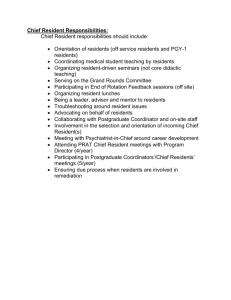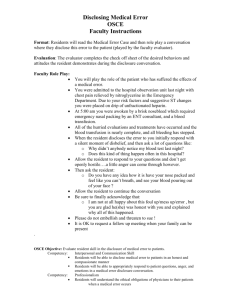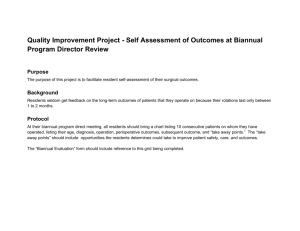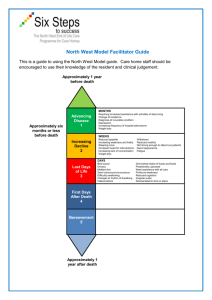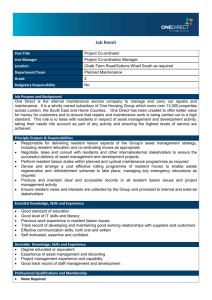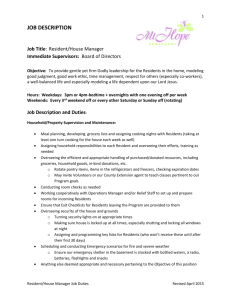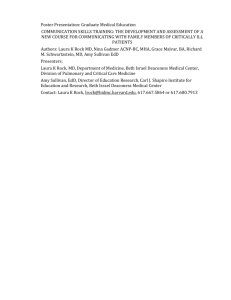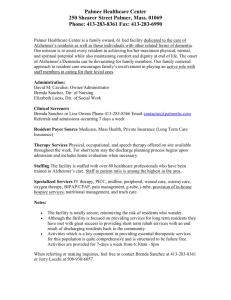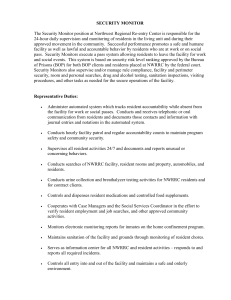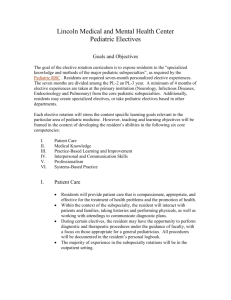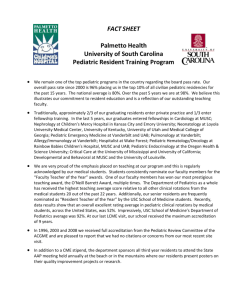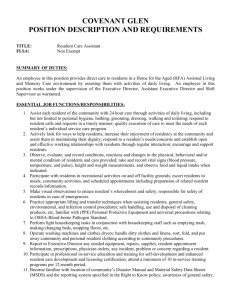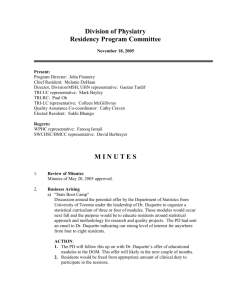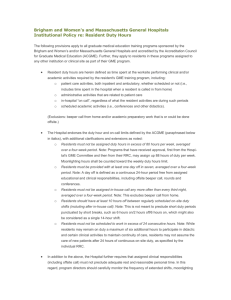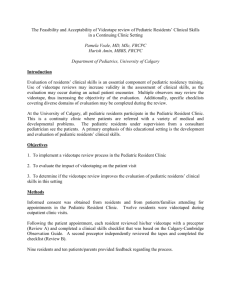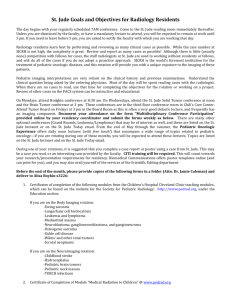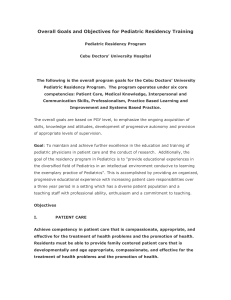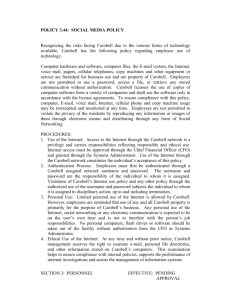OSU COM Summer 2014 MS student Resident EI BO studies 10 29 13
advertisement
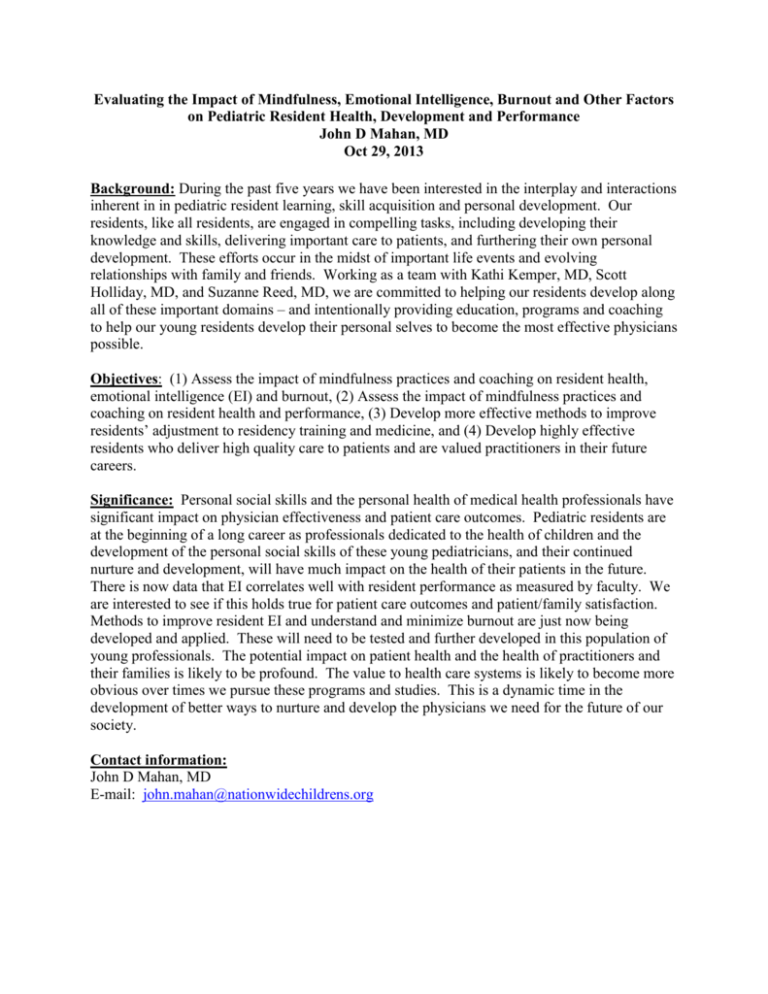
Evaluating the Impact of Mindfulness, Emotional Intelligence, Burnout and Other Factors on Pediatric Resident Health, Development and Performance John D Mahan, MD Oct 29, 2013 Background: During the past five years we have been interested in the interplay and interactions inherent in in pediatric resident learning, skill acquisition and personal development. Our residents, like all residents, are engaged in compelling tasks, including developing their knowledge and skills, delivering important care to patients, and furthering their own personal development. These efforts occur in the midst of important life events and evolving relationships with family and friends. Working as a team with Kathi Kemper, MD, Scott Holliday, MD, and Suzanne Reed, MD, we are committed to helping our residents develop along all of these important domains – and intentionally providing education, programs and coaching to help our young residents develop their personal selves to become the most effective physicians possible. Objectives: (1) Assess the impact of mindfulness practices and coaching on resident health, emotional intelligence (EI) and burnout, (2) Assess the impact of mindfulness practices and coaching on resident health and performance, (3) Develop more effective methods to improve residents’ adjustment to residency training and medicine, and (4) Develop highly effective residents who deliver high quality care to patients and are valued practitioners in their future careers. Significance: Personal social skills and the personal health of medical health professionals have significant impact on physician effectiveness and patient care outcomes. Pediatric residents are at the beginning of a long career as professionals dedicated to the health of children and the development of the personal social skills of these young pediatricians, and their continued nurture and development, will have much impact on the health of their patients in the future. There is now data that EI correlates well with resident performance as measured by faculty. We are interested to see if this holds true for patient care outcomes and patient/family satisfaction. Methods to improve resident EI and understand and minimize burnout are just now being developed and applied. These will need to be tested and further developed in this population of young professionals. The potential impact on patient health and the health of practitioners and their families is likely to be profound. The value to health care systems is likely to become more obvious over times we pursue these programs and studies. This is a dynamic time in the development of better ways to nurture and develop the physicians we need for the future of our society. Contact information: John D Mahan, MD E-mail: john.mahan@nationwidechildrens.org


